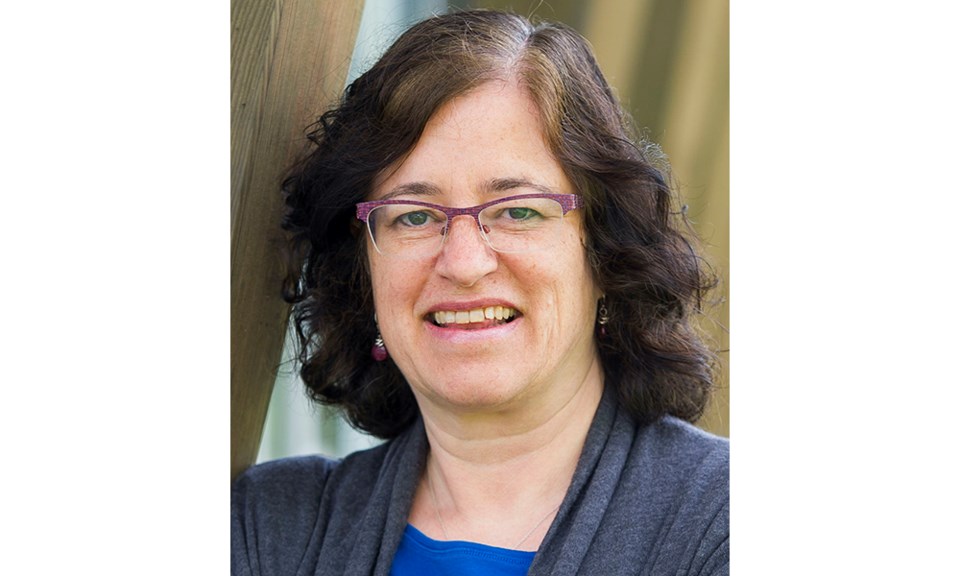Metro Vancouver has a housing problem and it’s a problem across all income levels.
In my last column, I wrote about measures the provincial government is taking to address the affordability of owning a home, arguing the government must do everything it can to make housing more affordable.
But recent events have illustrated the housing problem at the other end of the spectrum – people living on the streets – and revealed the absolute dysfunction of the housing situation in the Lower Mainland. Dozens, or perhaps even hundreds, of tents stretched along Main Street from Hastings Street south for more than a block, housing low-income people who have nowhere else to live. The people living there lack even basic services, such as toilets or running water.
With a heat wave looming, the city’s fire chief called for the tents to be removed. “Should a fire occur in the area in its current condition, it would be catastrophic, putting lives at risk and jeopardizing hundreds of units of much-needed housing,” the City of Vancouver said in a news release.
But there is nowhere for the people to go and the situation has resulted in violence and conflict. If there were any vacancies, the price of an apartment would be well beyond what a person on income assistance or disability could afford with their $375 per month shelter allowance. The City of Vancouver blames it on other levels of government.
“The conditions in the Downtown Eastside are representative of a systemic failure to meet the needs of low-income, marginalized residents and communities, a crisis requiring urgent cooperation of all levels of government,” the city said in a news release. “We have and will continue to advocate to senior government partners who have the jurisdiction, funding, and responsibility for meaningful, life-changing interventions that are needed.”
But the province isn’t taking the blame. Instead, acting Attorney General and Minister Responsible for Housing Murray Rankin, who has taken over temporarily while David Eby runs for leader of the NDP and premier, said the province “has massively expanded supportive housing, helping house over 1,400 people in Vancouver.”
“But right now, we're at an in-between moment where access to new spaces is limited. When word came of the impending order from the fire chief, we were clear with the city and fire services that, despite our ongoing efforts to secure additional housing, we did not have access to large numbers of spaces to accommodate the order on short notice,” he said.
B.C. Green MLA Adam Olsen called it a humanitarian crisis and urged the government to build temporary homes while working on longer term solutions.
“When I was in the Downtown Eastside last month, I witnessed people resorting to defecating in the streets and bathing in public ponds, while garbage accumulates in the streets,” Olsen said. “Government-funded housing has been wholly inadequate; we have heard people would rather sleep on the streets because they feel safer there than in SROs.”
Rankin, quite appropriately, began his statement by recognizing that housing is a human right. But it’s a human right that all of those in power at all levels of government have let get away from us. We are not fulfilling this basic human right, at even a minimum level, and that must change.
Housing is listed in Article 25 of the Universal Declaration of Human Rights, proclaimed in the aftermath of the Second World War by the United Nations General Assembly in Paris on 10 December 1948.
“Everyone has the right to a standard of living adequate for the health and well-being of himself and of his family, including food, clothing, housing and medical care and necessary social services, and the right to security in the event of unemployment, sickness, disability, widowhood, old age or other lack of livelihood in circumstances beyond his control,” the declaration says.
This right is on par with the right to freedom from discrimination, slavery and torture, the right to equality and the right to be presumed innocent until proven guilty. As such, all levels of government should be focused on building as much housing as humanly possible, as soon as possible. These problems in Vancouver have been around at least since Expo ’86, and probably longer.
Imagine the progress that could be made on other social issues, like the opioid crisis, child welfare or poverty, if all people could find affordable homes. And while temporary homes may be necessary in the short term, I do not think the goal should be a single-room only (SRO) hotel with a shared bathroom. The goal – fulfilling the human right – should be a safe, decent home with a bedroom and a bathroom.
This problem is by no means limited to Vancouver. Even Rankin recognizes that it is more widespread.
"While the spotlight is on Hastings right now, we must not forget that people are experiencing homelessness in communities across the province,” he said in a statement. “We are determined to keep rolling out new homes and supports across B.C. to provide the homes and care people so desperately need."
I sure hope so because we cannot afford to wait.
Tracy Sherlock is a freelance journalist who writes about education and social issues. Read her blog or email her [email protected].



